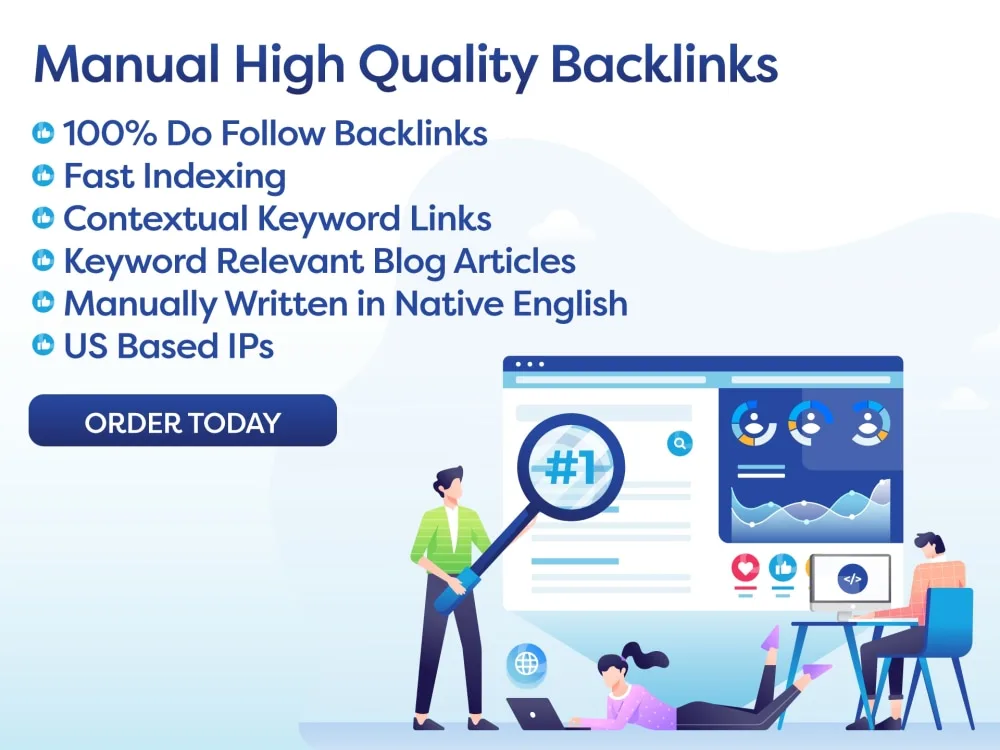Content and keyword optimization are crucial for improving SEO rankings and reaching your target audience effectively. By creating high-quality, relevant content with strategic keyword placement, you can attract more organic traffic to your site. Conducting thorough keyword research, utilizing long-tail keywords, and optimizing meta tags, headers, and URLs will enhance your site’s visibility in search engine results. Monitoring tools like Google Analytics, SEMrush, and Ahrefs can help track your SEO performance and identify areas for improvement. By implementing these techniques and creating an action plan for continuous optimization, you can achieve your online marketing goals and boost your website’s success.
Excerpt:
Learn the essential techniques of Content and keyword optimization to boost your SEO efforts and reach your target audience effectively.
Introduction:
As an SEO beginner, understanding the intricacies of Content and keyword optimization is crucial to improving your website’s search engine rankings. By implementing these techniques effectively, you can drive more organic traffic to your site and increase your online visibility. In this article, we will delve into the key strategies and best practices for Content and keyword optimization that will help you achieve your SEO goals.
Key Takeaways:
1. Importance of Content Optimization
2. Strategies for Keyword Optimization
3. Tools for Monitoring SEO Performance
4. Action Plan for Implementing Content and Keyword Optimization Techniques
Importance of Content Optimization:
Content is king in the world of SEO, and optimizing your website’s content is essential for improving your search engine rankings. By creating high-quality, relevant, and engaging content, you can attract more visitors to your site and encourage them to stay longer. Content optimization involves using strategic keywords, headers, and formatting to make your content more SEO-friendly and user-friendly.
Key Ideas:
– Use relevant keywords throughout your content
– Optimize meta tags and descriptions
– Utilize header tags for organization and SEO purposes
When optimizing your content, it’s important to conduct keyword research to identify the most relevant and high-volume keywords for your target audience. Incorporating these keywords naturally throughout your content will improve your site’s visibility in search engine results and drive more organic traffic. Additionally, optimizing meta tags and descriptions will enhance your click-through rate and improve your site’s overall SEO performance. Lastly, using header tags to break up your content and improve readability will also benefit your SEO efforts.
Strategies for Keyword Optimization:
Keyword optimization is a crucial aspect of SEO that can greatly impact your website’s search engine rankings. By strategically incorporating keywords into your content, meta tags, and URLs, you can improve your site’s visibility and attract more organic traffic.
Key Ideas:
– Conduct keyword research to identify relevant keywords
– Use long-tail keywords for more targeted traffic
– Optimize meta tags, headers, and URLs with keywords
When implementing keyword optimization strategies, it’s important to conduct thorough keyword research to identify the most relevant and high-volume keywords for your target audience. Using long-tail keywords can help you attract more targeted traffic and improve your conversion rates. Additionally, optimizing meta tags, headers, and URLs with your chosen keywords will boost your site’s SEO performance and increase your chances of ranking higher in search engine results.
Tools for Monitoring SEO Performance:
Monitoring your website’s SEO performance is essential for tracking your progress and identifying areas for improvement. There are a variety of tools available that can help you analyze your site’s performance, track keyword rankings, and monitor your competitors.
Key Ideas:
– Use Google Analytics to track website traffic and user behavior
– Utilize tools like SEMrush and Ahrefs for keyword research and tracking
– Monitor your site’s backlink profile with tools like Moz and Majestic
Google Analytics is a powerful tool that can provide valuable insights into your website’s traffic sources, user behavior, and conversion rates. By monitoring these metrics, you can gain a better understanding of how users are interacting with your site and identify opportunities for optimization. Additionally, tools like SEMrush and Ahrefs can help you conduct keyword research, track keyword rankings, and analyze competitor performance. Monitoring your site’s backlink profile with tools like Moz and Majestic can also help you identify and address any potential issues that may be impacting your SEO performance.
Action Plan for Implementing Content and Keyword Optimization Techniques:
1. Conduct thorough keyword research to identify relevant keywords for your target audience
2. Optimize your website’s content with strategic keywords, headers, and formatting
3. Use tools like Google Analytics, SEMrush, and Ahrefs to monitor your site’s SEO performance
4. Continuously analyze and optimize your content and keyword strategies to improve your search engine rankings
Conclusion:
In conclusion, Content and keyword optimization are essential components of successful SEO strategies that can significantly impact your website’s search engine rankings and online visibility. By understanding the importance of content optimization, implementing effective keyword strategies, and utilizing monitoring tools, you can improve your site’s SEO performance and attract more organic traffic. By following the key takeaways and action plan outlined in this article, you can enhance your SEO efforts and achieve your online marketing goals.
FAQ Section:
Q: How do I conduct keyword research for my website?
A: To conduct keyword research, utilize tools like SEMrush, Ahrefs, and Google Keyword Planner to identify relevant keywords for your target audience. Additionally, consider using long-tail keywords for more targeted traffic.
Q: What are the best practices for optimizing meta tags and descriptions?
A: To optimize meta tags and descriptions, include relevant keywords, write compelling and descriptive content, and keep the character limits in mind. Additionally, ensure that your meta tags accurately reflect the content of your page for better SEO performance.

